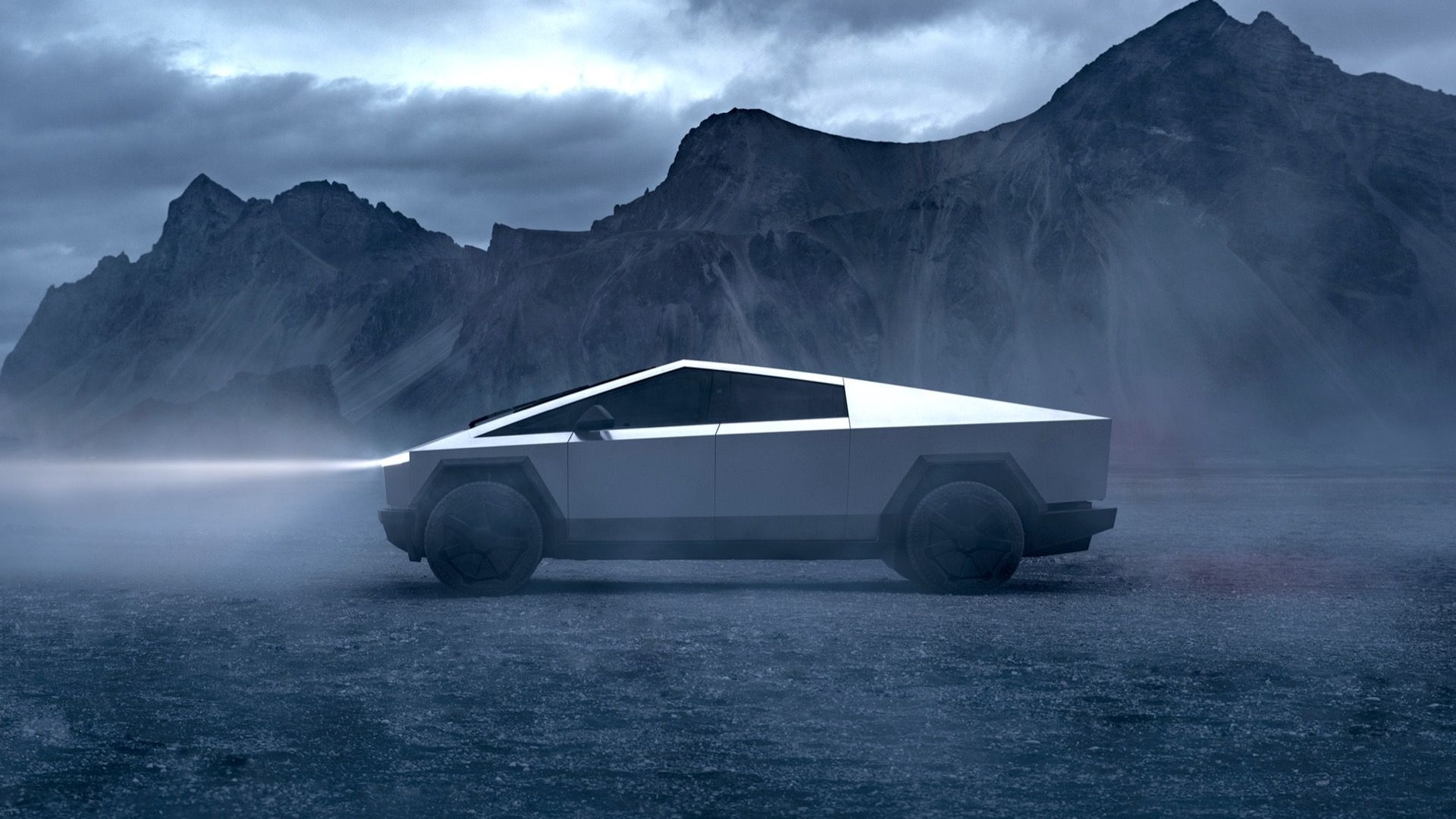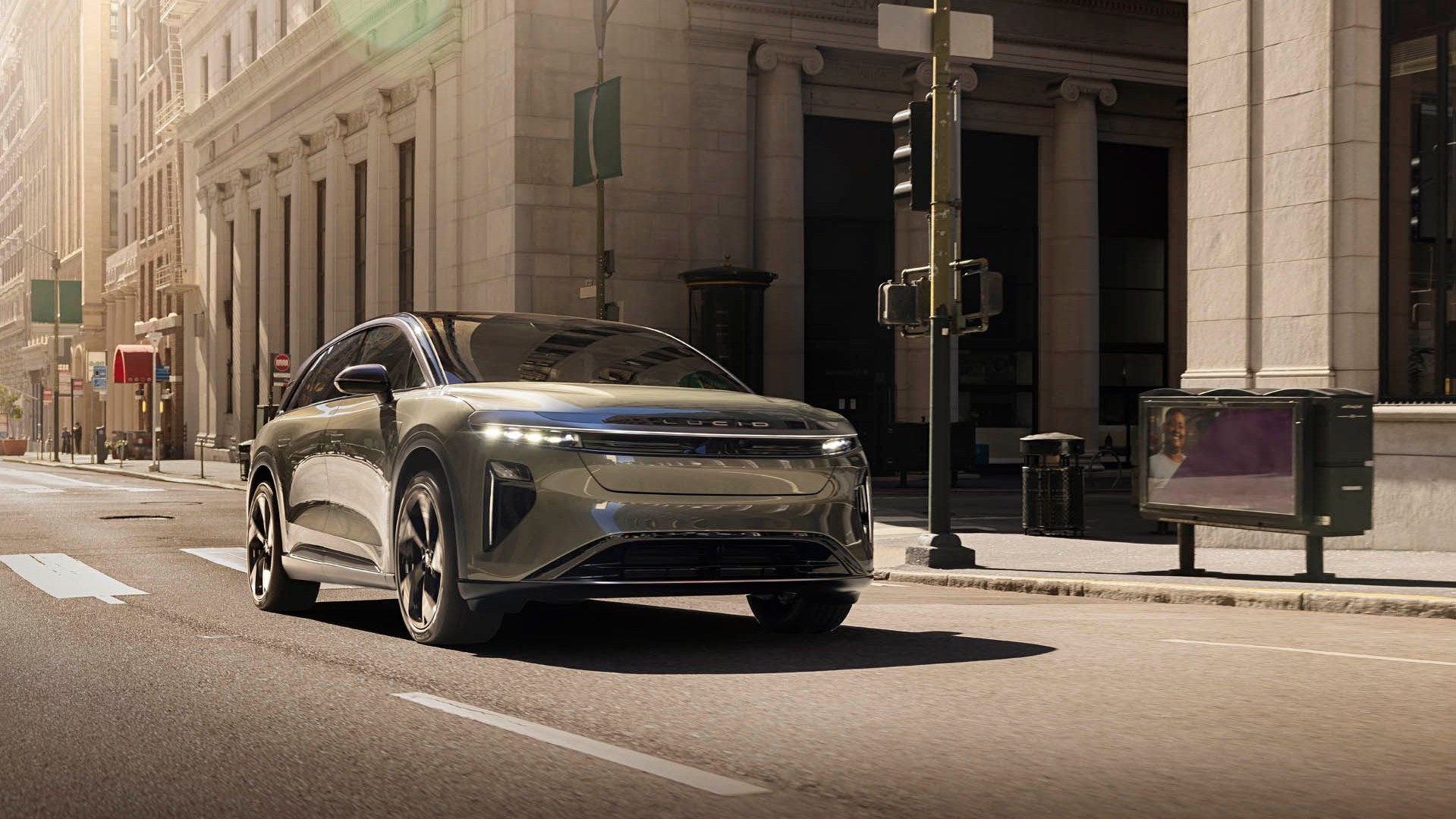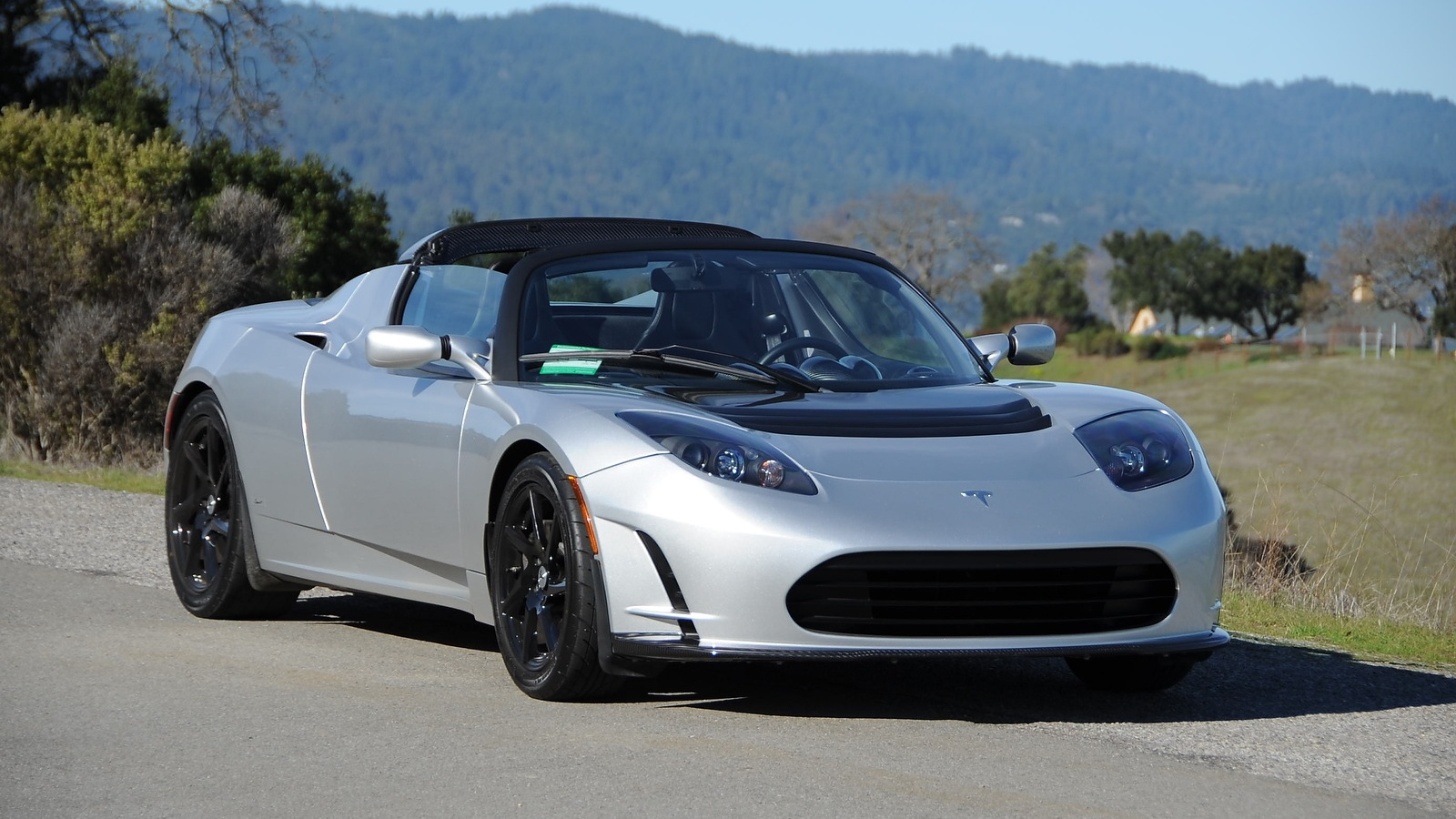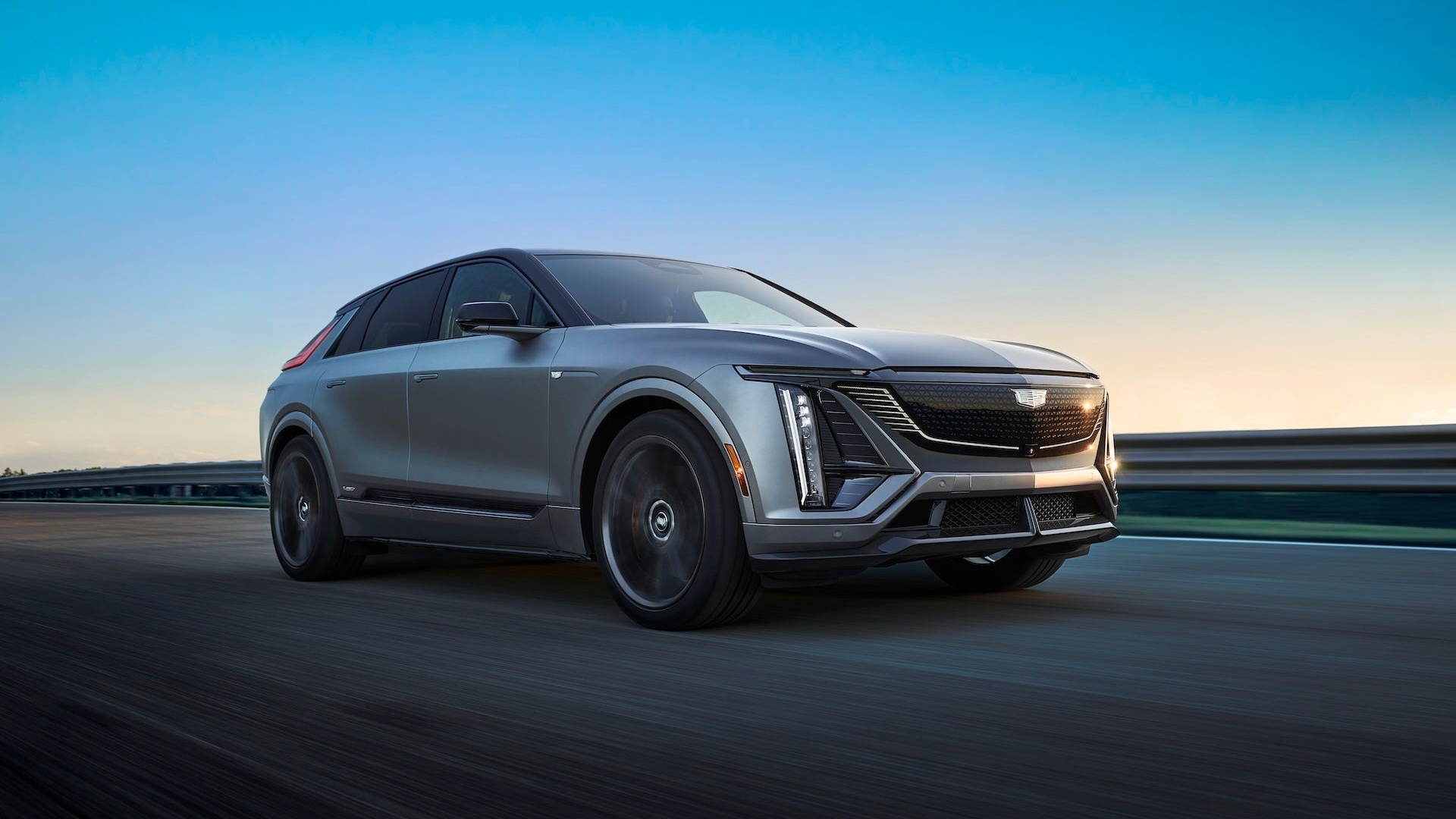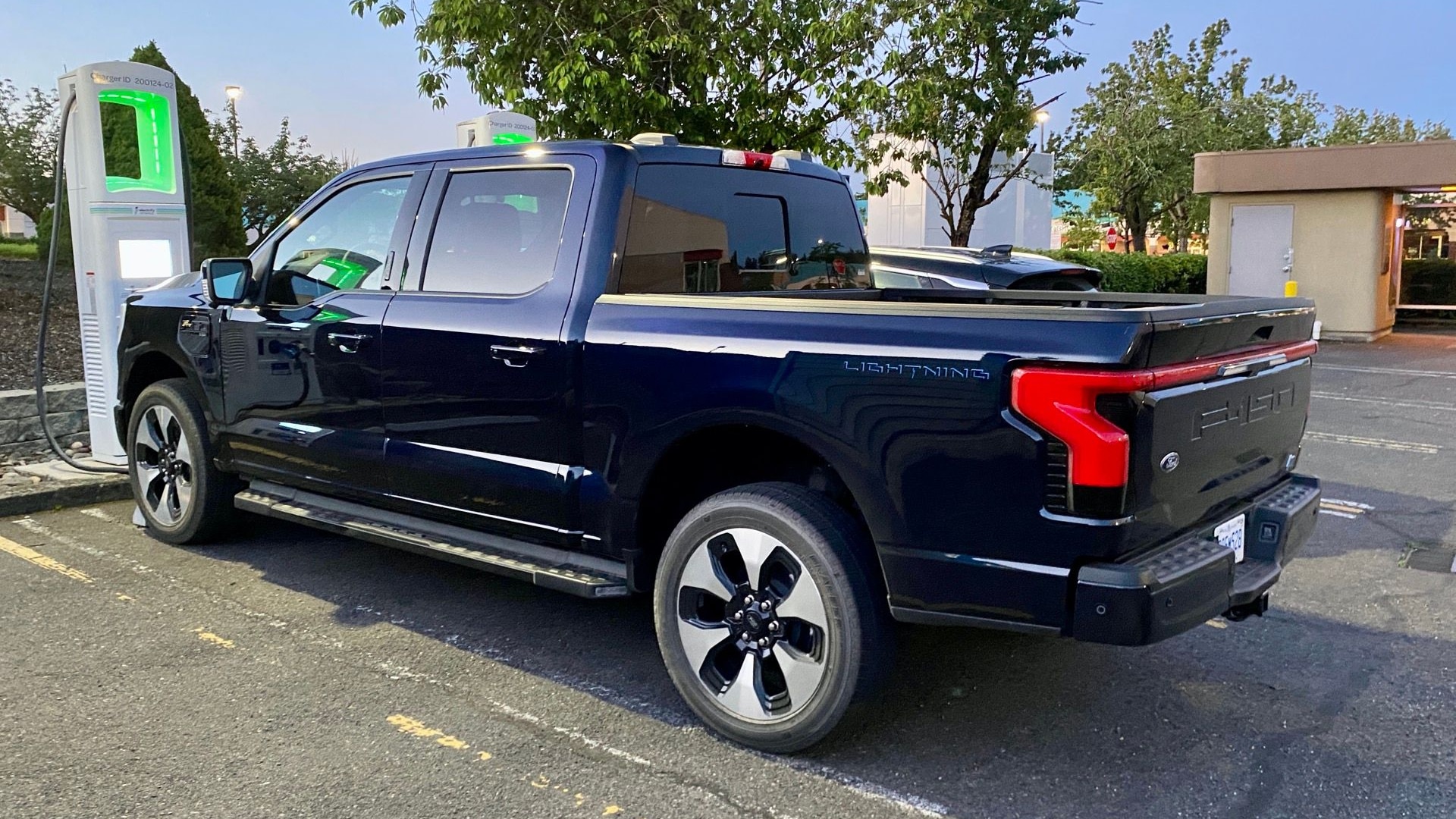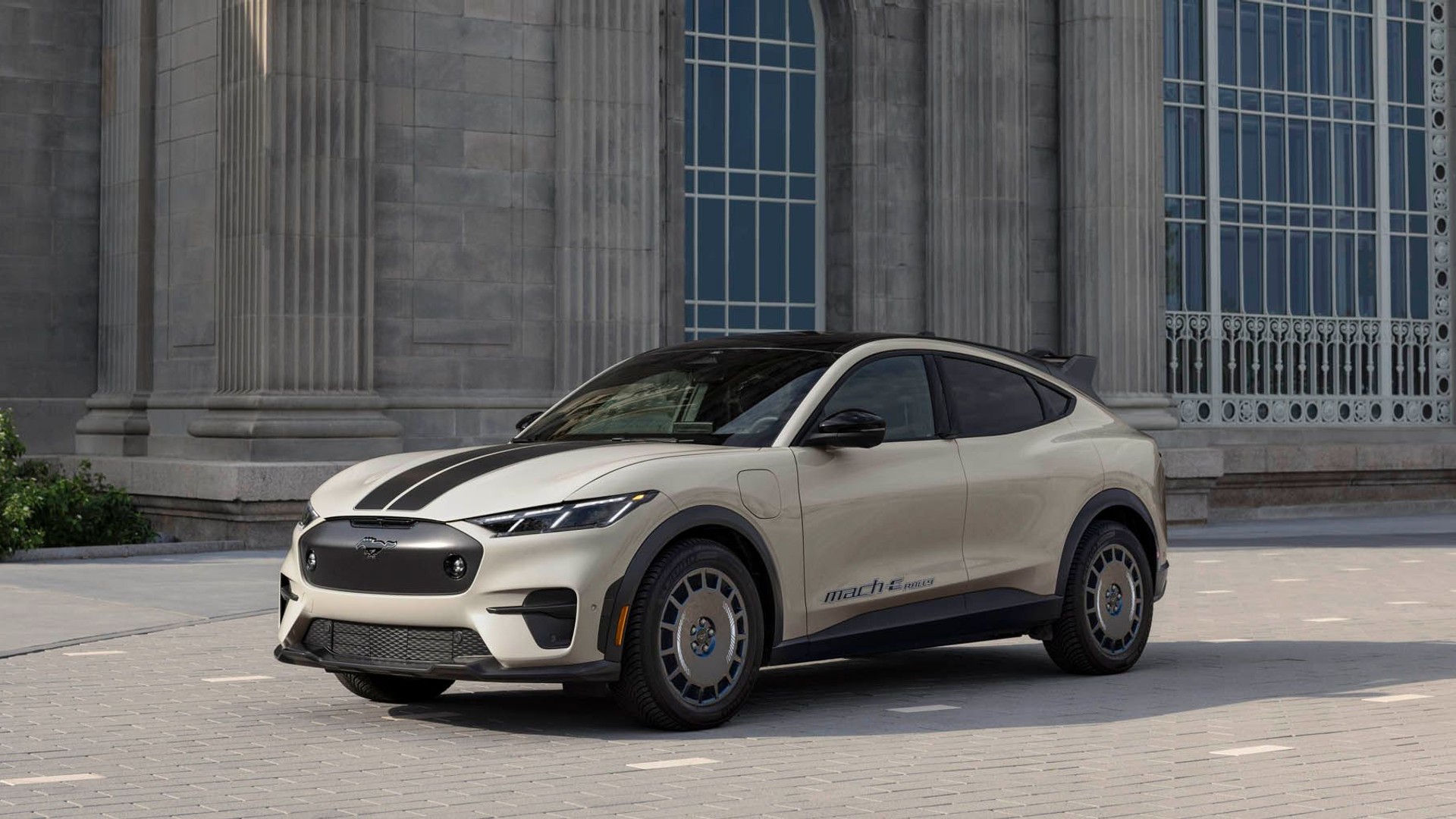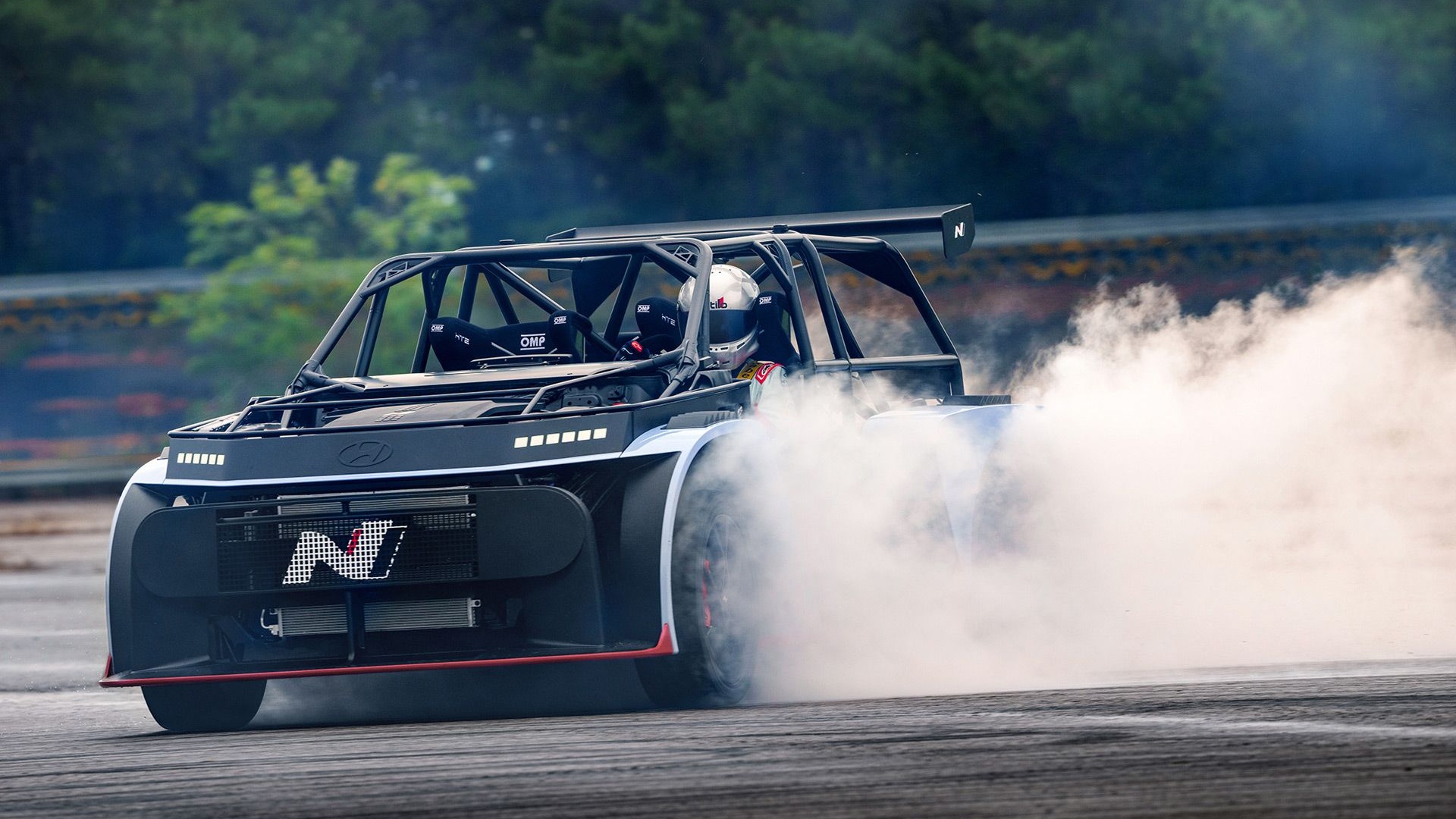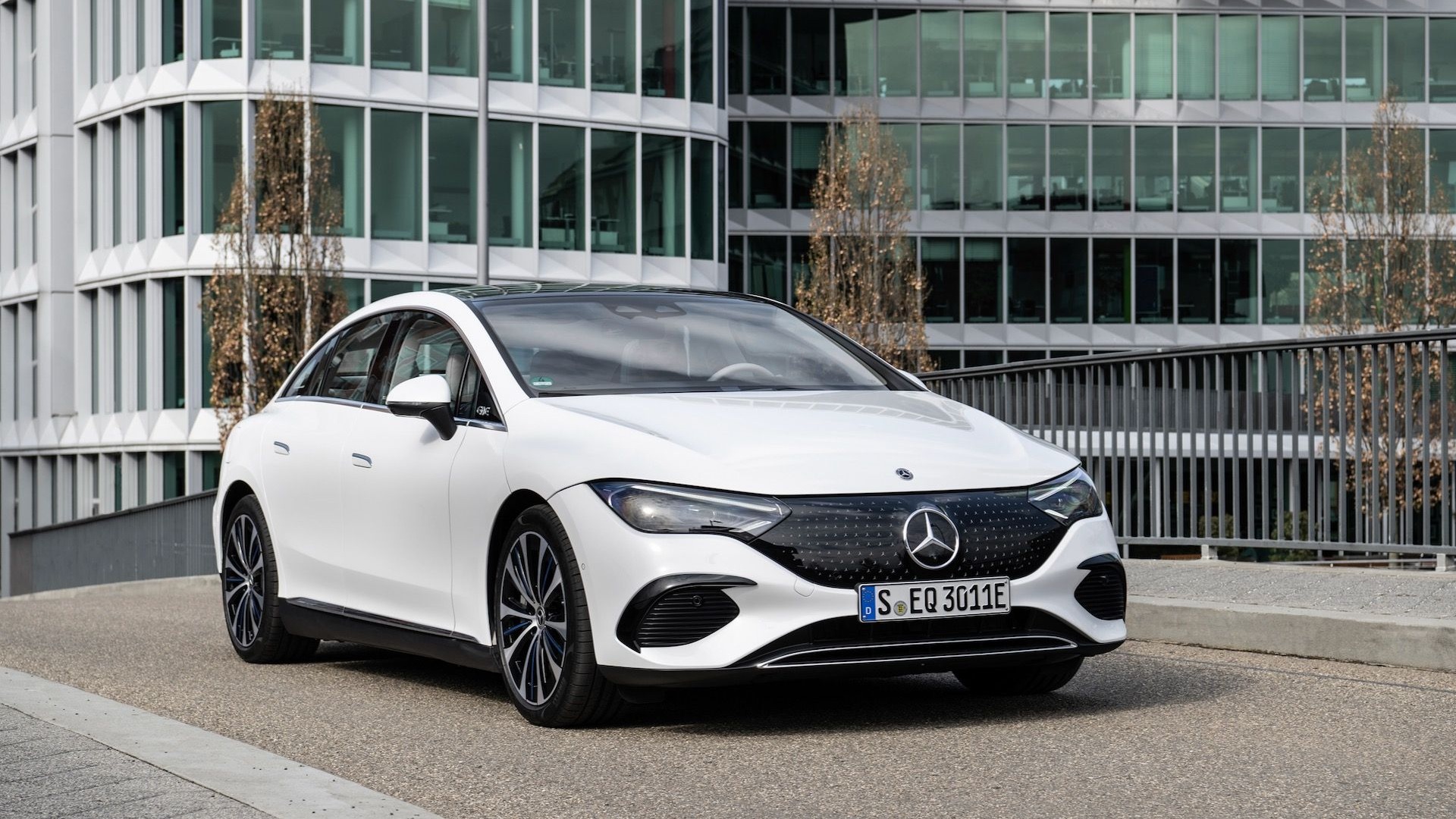The Tesla Model 3 is currently outselling the Hyundai Kona Electric in the crossover's home market of South Korea, reports Reuters.
And that might potentially prompt an increase in electric-car production from Hyundai sooner than otherwise planned.
According to the report, citing an "internal union newsletter," after Tesla had its best month in South Korea in June, Hyundai drafted plans to add two dedicated EV production lines. One production line will be ready next year, the other in 2024, according to the report.
Hyundai Motor Group boss Euisun Chang has also held a series of meetings since May with South Korean battery suppliers Samsung SDI, LG Chem, and SK Group, according to the report. In a statement to Reuters, Hyundai said it was working with battery suppliers to "scale up" EV production, but declined to comment on new production lines.
Like luxury automakers before it, Hyundai may have underestimated Tesla's appeal.
Hyundai was not concerned when Tesla launched the high-end Model S and Model X, an unnamed company insider told Reuters. The insider said Hyundai became more concerned when the lower-priced Model 3 launched, but apparently not concerned enough.

2020 Hyundai Kona Electric
“Hyundai did not expect Tesla to dominate the EV market so quickly,” a second person with knowledge of the matter told Reuters.
The Kona Electric has been a very low-volume vehicle in the United States—essentially a compliance car—when Hyundai had insisted at its launch that it would be higher-volume. And partly because of rarity and demand, dealers have been resorting to markups.
We've found the Kona Electric to be one of the best-designed compact EVs, and its EPA-rated 258-mile range is among the highest of any mass-market EV, but getting one has been challenging. Hyundai also sells the Ioniq Electric hatchback in the U.S., but with a much lower range of 170 miles.
The company has boosted availability in Europe—although from what we've seen in registration numbers that hasn't boosted U.S. availability.
Hyundai has promised eight electric cars by 2022—with 13 electrified products for the U.S. "Electrified" could include hybrids as well as all-electric models, and Hyundai Motor America couldn't yet add further detail.
Globally, Hyundai has been more precise about its goals. Under its Hyundai, Kia and Genesis brands, Hyundai Motor Group plans "more than 23 EV models by 2025." The automaker wants to be a major player; Hyundai and Kia together aim to sell 1 million battery-electric vehicles in 2025 and together target 10% of the global EV market share.



